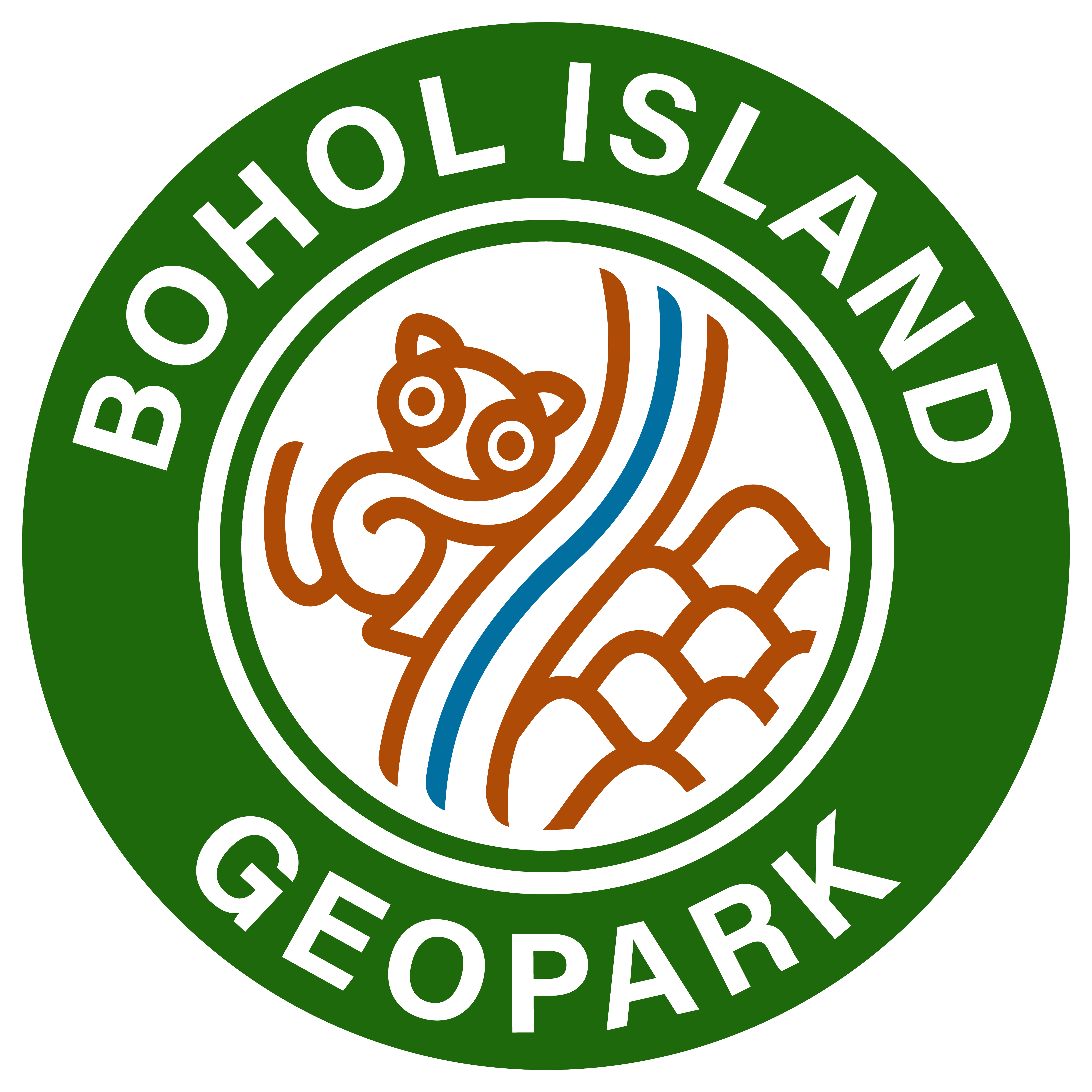Archaeologists from Ateneo de Manila University concluded their two-week excavation in pursuit of acquiring new information on Bohol’s past.
As part of the Bohol Archaeology and Heritage Initiatives (BAHI), archaeologists from the Ateneo de Manila University, Dr. Riczar Fuentes and Dr. Alfred Pawlik, conducted a two-week archaeological excavation and survey in Mabini, Bohol.
The project was carried out in collaboration with the National Museum of the Philippines (NM), the Provincial Government of Bohol through the Center for Culture and Arts Development (CCAD), the Bohol Arts and Cultural Heritage (BACH) Council, and the Municipality of Mabini.
From July 27 to August 8, Fuentes and Pawlik spent two weeks in Mabini, in which they were accompanied by NM Bohol’s Researcher 2 Charlemeine Tantingco, volunteer Christian Gio Bangalao (who found a fossilized megalodon tooth in Maribojoc in 2020), independent cultural researcher Athena Vitor, and NM Bohol’s OIC Tata Rachel Lacea during the excavation.
The Department of Environment and Natural Resources (DENR) and the Department of Education (DepEd) Bohol Cultural Mappers also observed the activity.
On August 8, the team presented how they worked as well as photos of the artifacts and ecofacts they collected to residents of Barangay Marcelo, members of the Sanguniang Bayan, and the town mayor. They explained the significance of these finds to Bohol’s history and prehistory and their potential to enhance the narrative of the earliest settlers of the island.
Before the excavation, the two archaeologists met with the Provincial Government of Bohol’s (PGBh) Chief of Staff, Atty. Filipina Piollo, who represented Governor Aris Aumentado during the courtesy call at the Capitol on July 26. Piollo, who relayed Governor Aumentado’s sentiments, said PGBh is supportive of the project and is open to more archaeological projects in the Province. This effort is part of PGBh’s Strategic Change Agenda to increase historical and cultural research and projects, allowing people to understand their rich history and culture and strengthen their identities as Boholanos.
Aside from finding artifacts and ecofacts, the team also conducted a scope in the barangays of Mabini and discovered other possible prehistoric or pre-colonial sites. Findings from the excavation are yet to be presented, as the objects collected will still have to undergo accessioning, a process of cataloging and data recording artifacts, and sorting and analysis in the coming months. Once completed, the Archaeologists aim to publish the results of this excavation, which they will share with the Provincial Government and the people of Bohol.
